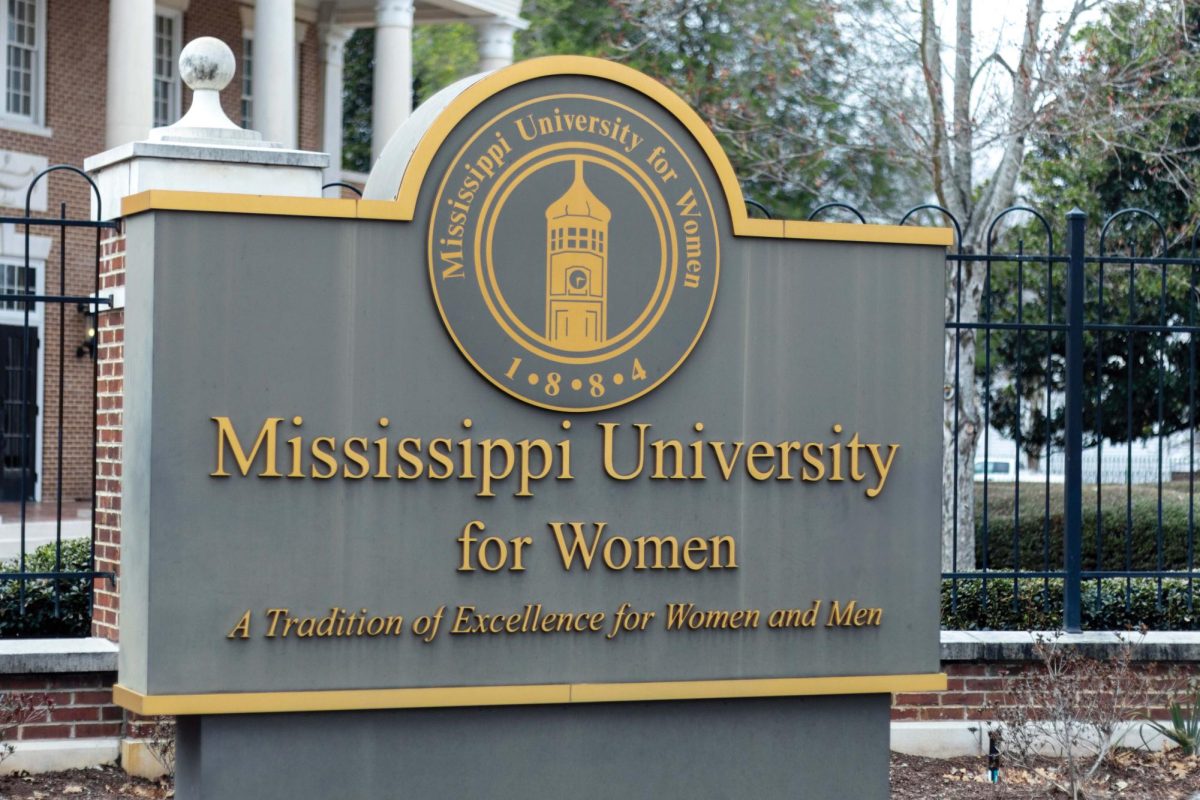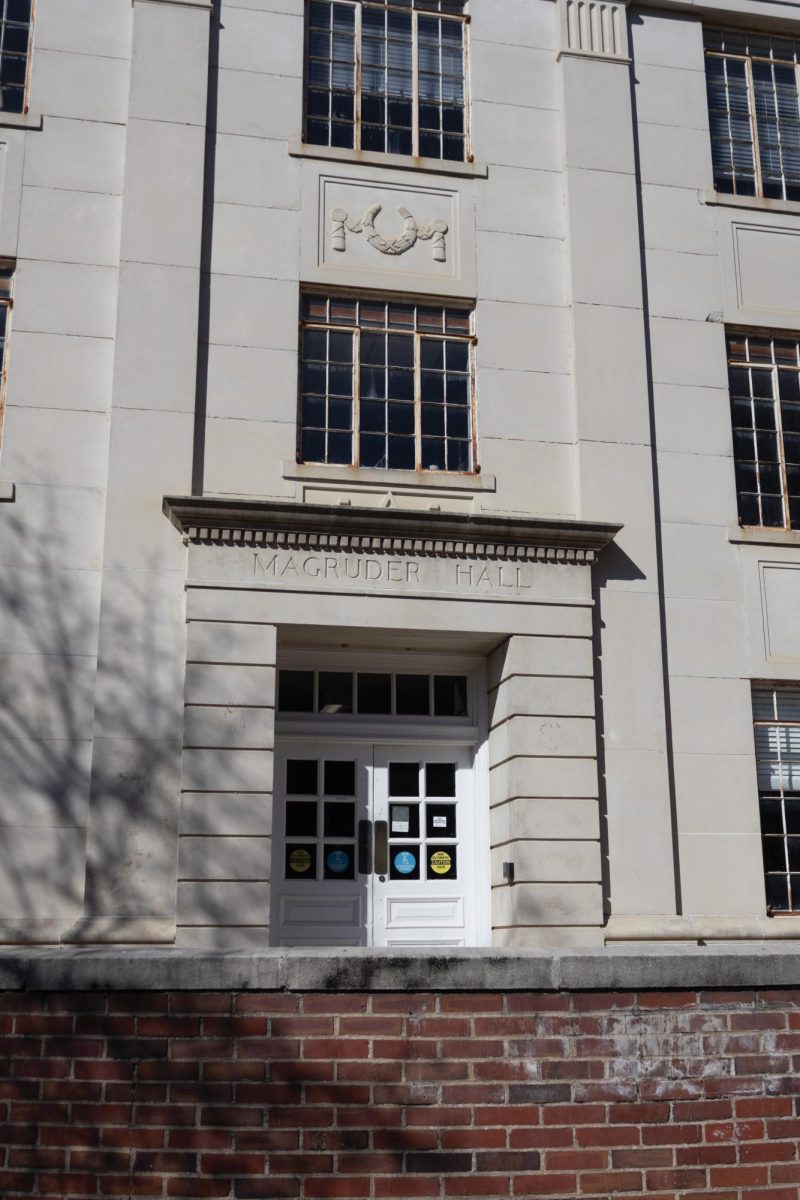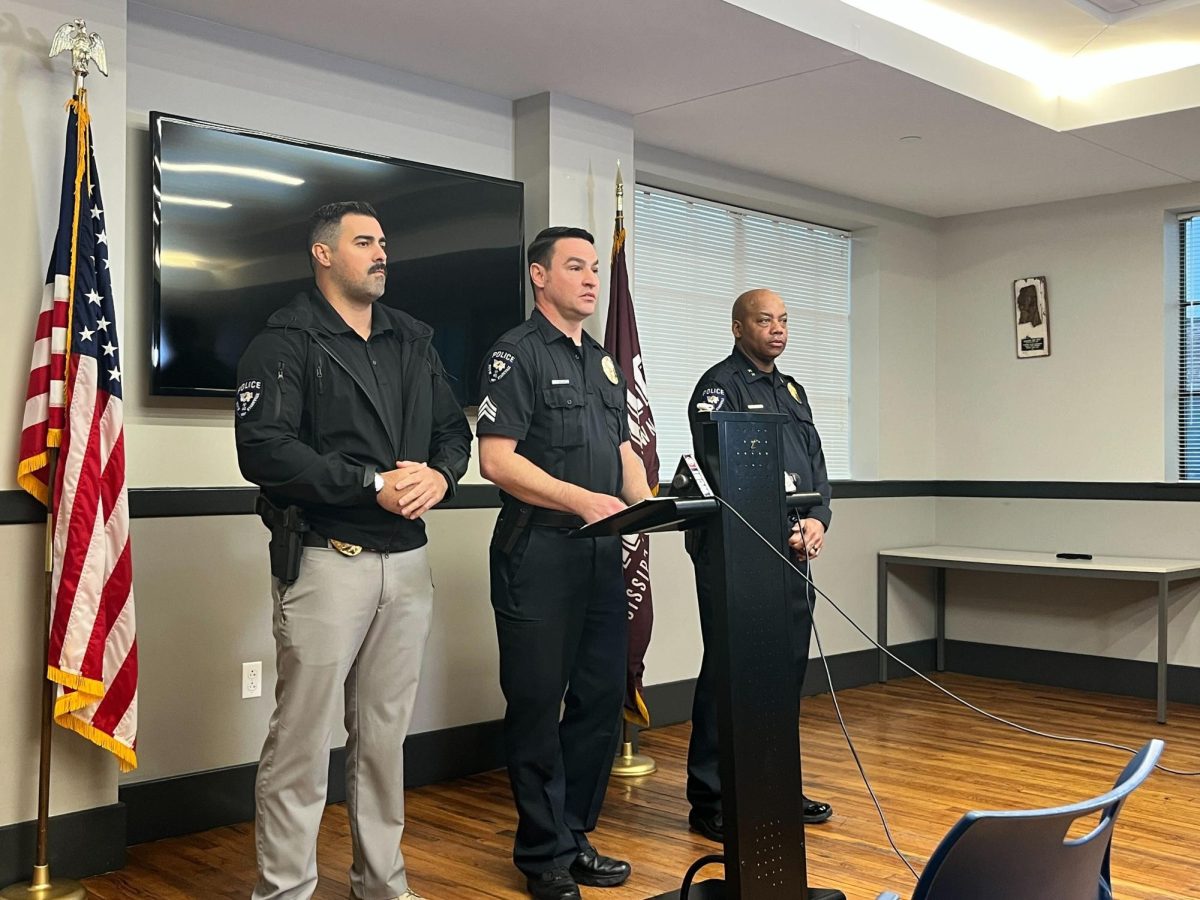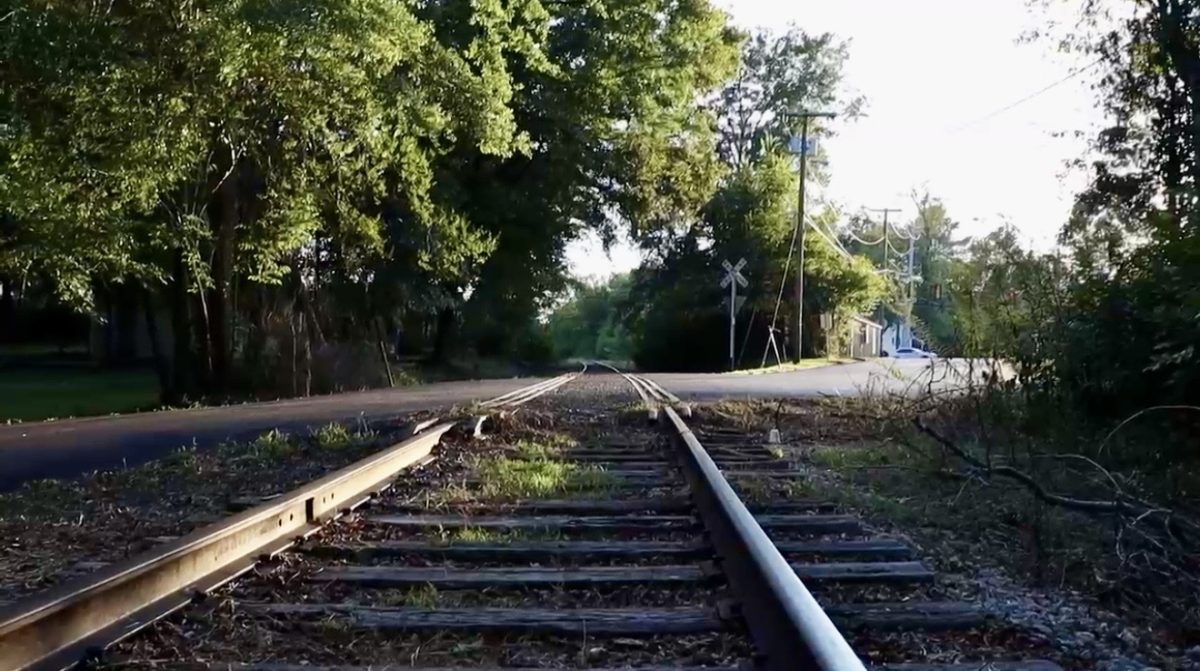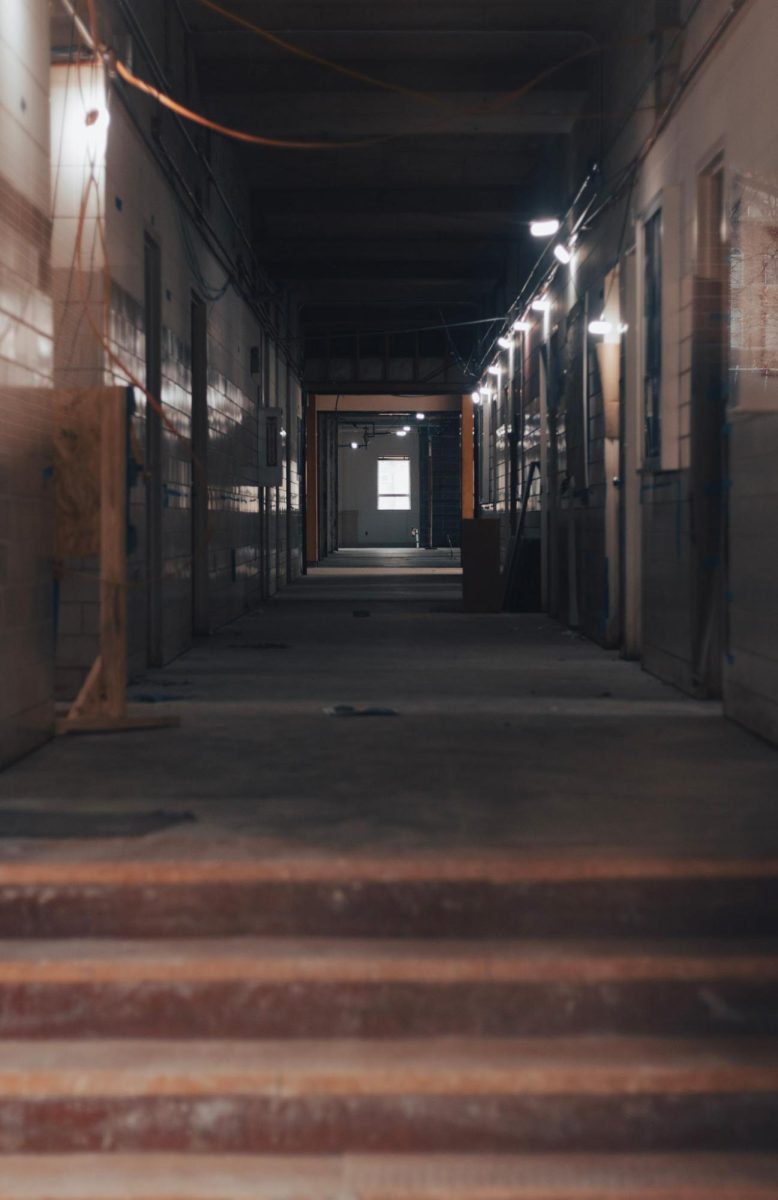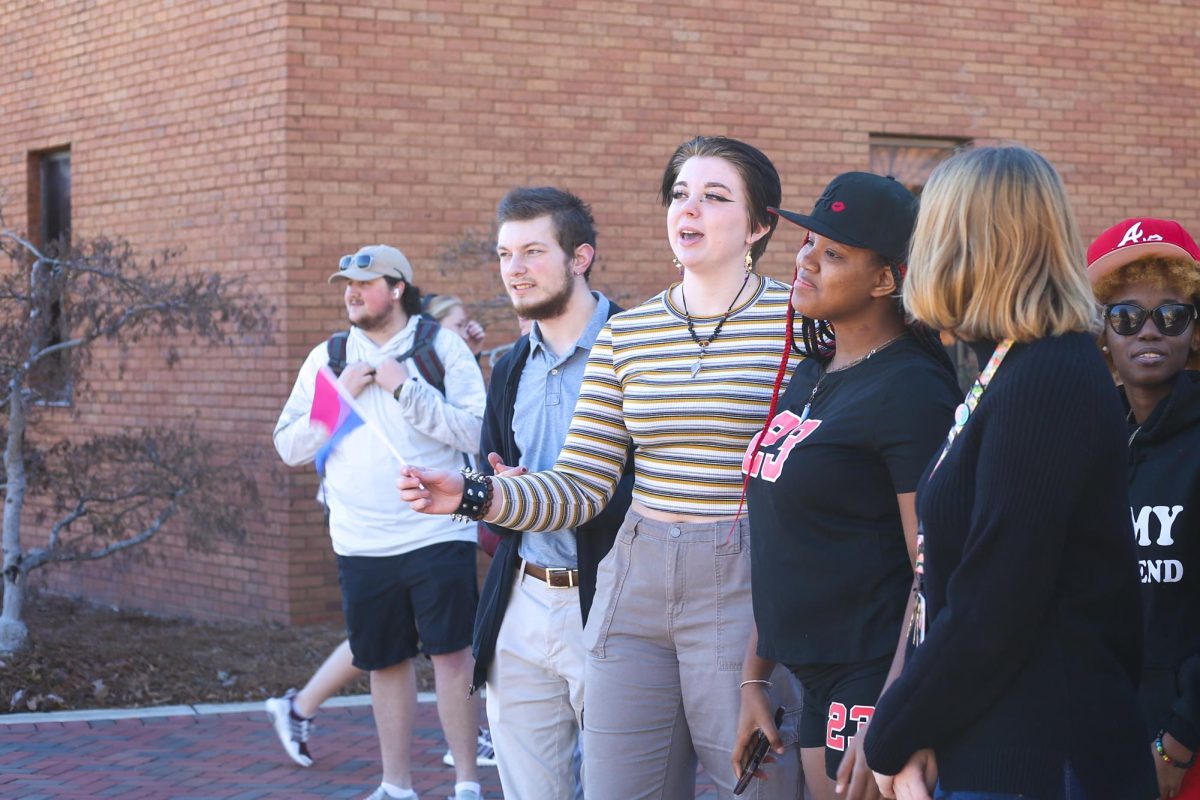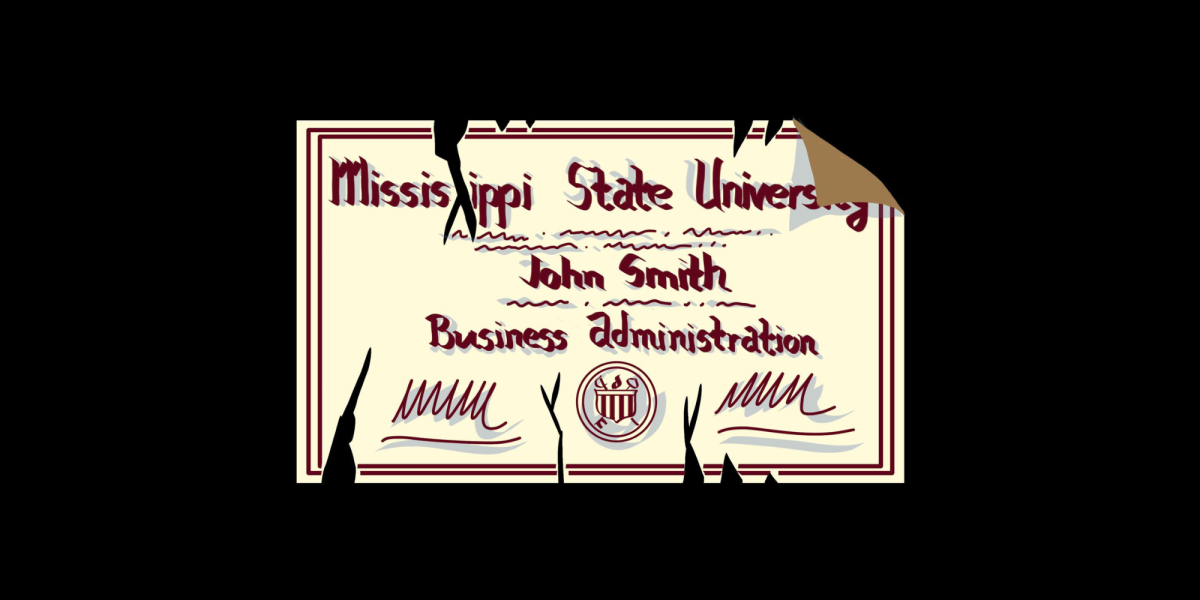The Mississippi Senate approved three bills today, partially greenlighting the Riverbend project and recovery proposals for the Gulf Coast. The bills now await consideration by the House.
Senate Bill 2001 will not only allot $23 million for public infrastructure improvement in DeSoto County but also provide a $150 million sales tax rebate for Riverbend Crossing, a multi-faceted commercial development.
“The state is pleased to join with local governments in DeSoto County in providing these modest incentives for the project to be located in our state,” Gov. Haley Barbour said in a news release.
Developers have pledged to invest $2.7 billion over 15 years, having already committed a minimum $475 million capital investment. According to figures provided in the release, the first phase will bring around 3,500 jobs to the region.
To put that figure in perspective, the Nissan plant in Canton employs 5,000 workers.
The House Ways and Means Committee approved a similar version of the incentives, but it differs from the Senate’s bill, which only allows the sales tax rebate for the actual development site.
Stennis Institute of Government director Marty Wiseman says the development could be a significant factor for Mississippi.
“Anytime you have a $4.7 billion investment in the state, that’s taking advantage of the development that casinos and the growth of Memphis has brought to you,” Wiseman said. “At one time, Tunica was the poorest county in the state.”
The other two bills were intended to provide rebuilding aid to Mississippi’s coastal residents.
Senate Bill 2002 gives $3 million grants to coastal cities in Hancock and western Harrison counties. The relief money is meant to address the cities’ tax bases, which are virtually non-existent since the hurricane’s devastation.
Wiseman said he believes it is crucial for these ravagaed communities to receive funding.
“They’ve scrapped every bit of money they could get, and they’re about to go under,” Wiseman said. “That’s why the passage of that bill will be huge.”
The third bill, Senate Bill 2003, reduces the sales tax on modular housing from 7 to 3 percent. The reduction does not apply to mobile homes because Barbour and other lawmakers feel the modular homes meet stricter building standards than mobile homes.
“Working with the leadership of the House and Senate, I believe we have developed a plan to deal with issues that require immediate action,” Barbour said in the release. “I am hopeful this special session will be short and productive.”
Wiseman said the governor’ has gotten quite accustomed to calling special sessions.
“In a regular session, you have hundreds of bills, and you don’t necessarily know all the agendas at work,” Wiseman said. “When you call a special session, you can delegate and call what issues will be addressed. That’s what makes the governor a player.”
Categories:
Legislature makes strides in special session’s first day
C.J. LeMaster
•
August 25, 2006
0
Donate to The Reflector
Your donation will support the student journalists of Mississippi State University. Your contribution will allow us to purchase equipment and cover our annual website hosting costs.



